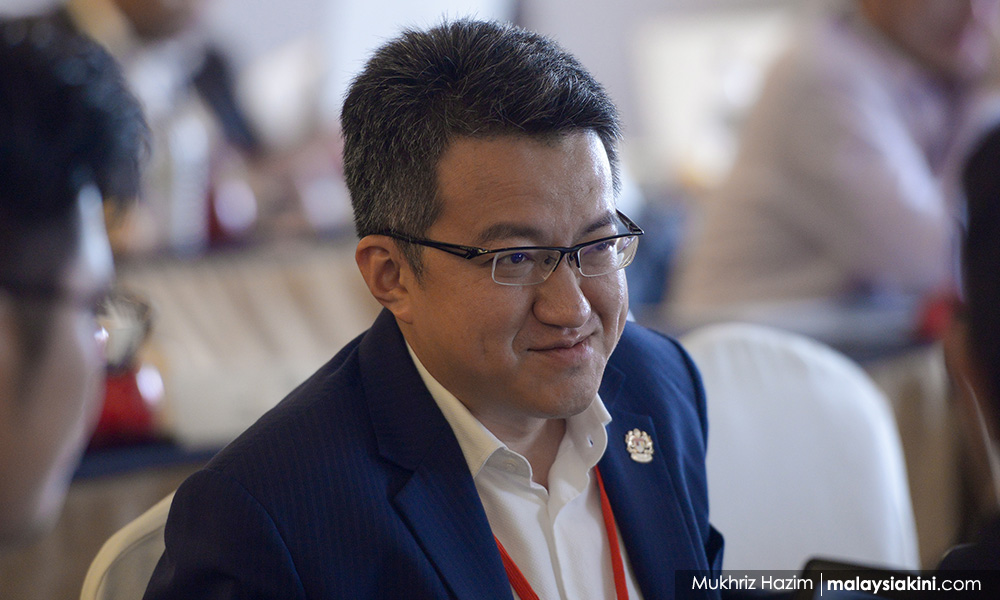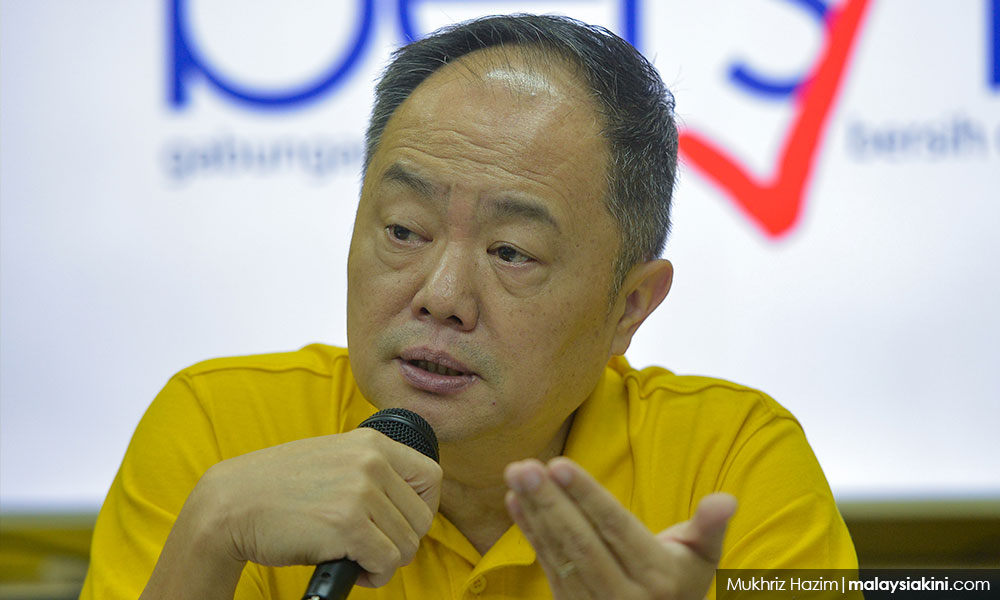Bersih is calling for the institutionalisation of the opposition as part of its proposed reforms to the parliamentary selection committee (PSC) reforms in its latest report which was launched today,
Muhammad Sayuti Hassan, who prepared the report entitled “Parliamentary Select Committee (PSC) Reforms”, said that at present, power is overly concentrated on the executive, causing the voices of opposition MPs to be less heard.
“The role of (conducting) check-and-balance is not only played by the opposition but also, backbenchers (who) play the same role to ensure that government policies are implemented smoothly,” Sayuti said in a virtual press conference today.
Sayuti added that the opposition should not be viewed as mere opponents to the government of the day but as vital sources of alternative policies that could be offered to the government.
Additionally, the report said that the role of the opposition and that of its leader should be reconsidered, with the institutionalisation of a shadow cabinet - which has never been formally recognised - to compel the opposition to formulate and articulate effective alternative policies.
“While the opposition might be overly political at times, their role can be viewed in a more positive light as a means of holding the government accountable,” said the report.
The report highlighted the executive-legislature relationship in Parliament, where members from either the government’s backbench or the opposition have no role in drafting any laws that go through Parliament, with government bills often passed indifferently and without amendments.
Sayuti noted that 9 in 10 parliamentary select committees are led by a government backbencher.
It was also found that 36 percent of opposition MPs possess no committee roles.

In the same report, Senator Liew Chin Tong was cited as saying that all parliamentarians should play a role in the policy and law-making process.
“PSC is a platform to groom future ministers and also to build consensus among the executive, the backbenchers and the opposition. Hence, the PSC is the platform for bipartisanship,” added Liew during his interview with Bersih, which is mentioned in the report.
The report’s main objective is to critically analyse the current state of affairs and practices of the PSCs in the country and to propose practical recommendations to empower PSCs as a mechanism of check-and-balance in Parliament.
It is part of 14 studies commissioned by Bersih 2.0 in the aftermath of the Sheraton Move last year.
“We want to better understand the political situation in the country and weaknesses within the system that need to be fixed.
“All of our studies have the purpose of making recommendations which can strengthen our political system, stabilise the political situation in the country and level the playing field among political parties,” Bersih chairperson Thomas Fann said.
Sayuti also said that another way of creating a healthy check-and-balance mechanism in the country’s political system was to increase the number of PSCs.
He noted that there were 10 special select committees (SSCs) during the Pakatan Harapan administration, with SSCs of special interest being the SSC for the Consideration of Bills, SSC on Major Public Appointments Committee and SSC on Budget.

These key committees were notably absent during the Perikatan Nasional government, making it harder to hold the government accountable on matters related to these topics.
Other recommendations to empower PSCs and their functions include:
Amendments of Standing Orders;
Empowering the roles of PSCs;
Selection of chairs and members by way of elections;
Broadcasting;
Flexibility of meetings to be held outside of Parliament;
Sufficient budget allocation;
Ensuring adequate human resources for the committees, which includes expanding the secretariat; and
Capacity building and training.
Fann added that the latest proposal was part of the parliamentary reforms in its 10 point Cross-Party Political Stability pact proposed by Bersih, following the resignation of Muhyiddin Yassin as prime minister yesterday.
“Given the situation right now in the country, we want to see reform on the table of negotiation.
“We are in a very unique situation, where there is no one party or group that has a simple majority.
“For us, it represents a unique opportunity where the parties are forced to negotiate with one another. In the negotiation, there will be many things (asked for). Some will want cabinet posts, positions in government-linked companies (GLC), some will want special allocation and more autonomy for their state or region.
“For the sake of the country, our hope is that the reform agenda will be on the table,” Fann added.
Yesterday, Bersih urged all contenders running for the post of prime minister to commit to multi-partisan governance and prioritise institutional reforms in this week's negotiations to form a new government. - Mkini




No comments:
Post a Comment
Note: Only a member of this blog may post a comment.